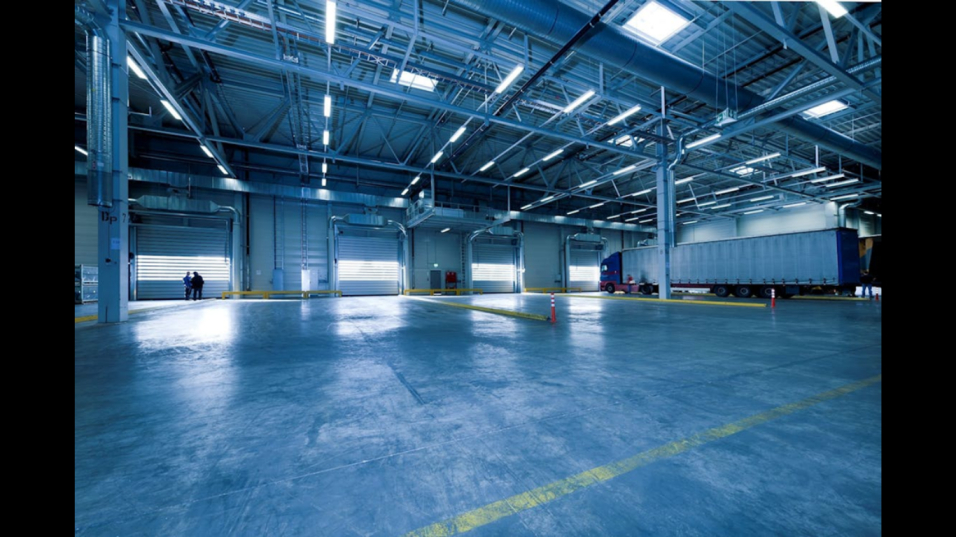Negligence can have devastating effects across various sectors, whether in healthcare, construction, or transportation. When those responsible for ensuring safety or quality fail to exercise the required standard of care, the consequences can lead to serious injury, financial loss, and in extreme cases, even loss of life. Understanding negligence and its implications is vital across professions, as it informs best practices and legal recourse for those affected.
The Definition of Negligence
Negligence, a legal term, refers to a failure to act as a reasonably prudent person would under similar circumstances. It is often broken down into four crucial elements: duty, breach, causation, and damages.
Duty involves a responsibility owed to another party, while breach occurs when that duty is violated. Causation connects the breach of duty to the resultant harm, and damages refer to the actual losses incurred by the injured party. This definition underpins negligence law, facilitating the pursuit of justice for those wronged.
Negligence in Healthcare
In healthcare, negligence can manifest in various ways, from misdiagnosis to improper treatment. Malpractice occurs when a professional fails to meet the standard of care expected in their field, leading to potential harm or injury, as the malpractice attorneys near Scranton explain. Individuals affected by medical negligence should consider their next steps carefully, which may include seeking medical review, documenting evidence, and exploring legal actions to protect their rights and pursue compensation.
Healthcare professionals, doctors, nurses, and other staff must adhere to stringent protocols designed to reduce errors and enhance patient care. When these standards are overlooked, the ramifications can be life-altering for patients and their families.
Construction Industry Oversight
Turning to the construction industry, the stakes escalate significantly when oversight fails. Negligence in this field often leads to on-site accidents, structural failures, or even fatalities. A recent report indicated that approximately 20% of all workplace fatalities occur in construction.
This alarming statistic emphasizes the importance of adhering to safety protocols, conducting regular inspections, and ensuring that all workers are adequately trained. Failure to do so endangers lives and can result in hefty fines and legal ramifications for companies.
Risks of Negligent Operations in Transportation
Similarly, in the transportation sector, negligence can have catastrophic effects. Whether through distracted driving, poor vehicle maintenance, or inadequate safety measures, the results can be devastating.
Data from the National Highway Traffic Safety Administration indicates that in 2020 alone, over 38,000 lives were lost in motor vehicle crashes. Many of these incidents can be attributed to negligence and a lack of accountability. As such, ensuring safety regulation compliance is of utmost importance for both individuals and companies operating within this industry.
The Financial Implications of Negligence
Though the human cost of negligence is immeasurable, the financial implications are certainly quantifiable. Companies found liable for negligence often face substantial legal fees, settlements, and insurance payouts that can cripple their financial standing.
A damaged reputation can lead to diminished trust from clients and stakeholders, further impacting the bottom line. Hiring experienced malpractice attorneys can help individuals and businesses navigate complex legal waters, working toward a more favorable outcome.

Legal Recourse for Victims
Individuals harmed by negligence have the right to seek legal recourse. The process generally involves filing a civil lawsuit against the responsible party, which can lead to compensation for medical expenses, lost wages, and pain and suffering.
Having proficient legal representation is paramount, as proving negligence requires substantial evidence and expertise. Victims often rely on attorneys with specialized knowledge to help them build a strong case and advocate for their rights in the courtroom. Timely action is crucial, as there are strict statutes of limitations that govern how long a victim has to file a medical malpractice claim.
Preventing Negligence
Preventing negligence is a collective responsibility that involves various stakeholders, from employers to regulatory bodies. Regular training, thorough audits, and robust compliance measures are necessary to mitigate risks and ensure that all parties adhere to acceptable standards of care.
By fostering a culture of responsibility, industries can significantly reduce errors and enhance safety. It is an ongoing challenge, but the potential benefits extend far beyond financial savings. They encompass the well-being and lives of countless individuals.
Negligence is a serious matter that can incur dire consequences across various sectors. By understanding its implications, affected parties can pursue justice and contribute to a safer, more accountable society. Through education, legal action, and a commitment to improving industry standards, we can work together to minimize the impact of negligence and advocate for those who cannot advocate for themselves.
Article received via email
































